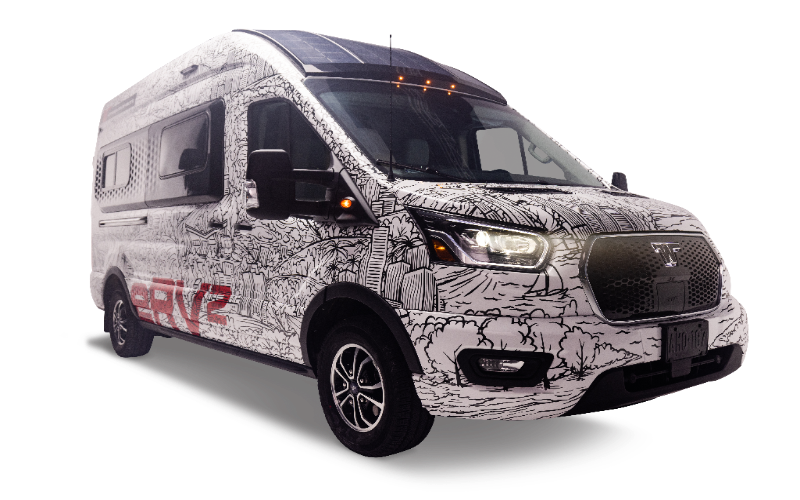Electric campervans are creating a sustainable wave across Europe, offering eco-conscious travellers a new way to explore with minimal environmental impact. With growing demand for greener alternatives, European manufacturers like Volkswagen and Fiat are at the forefront of this transformation, bringing electric campervans options that meet local environmental regulations and fit the continent’s distinctive landscapes.
For environmentally aware travellers, electric campers offer an exciting chance to adventure sustainably. Unlike traditional diesel or petrol campers, which contribute significant carbon emissions, electric models provide a way to minimize one’s ecological footprint. The classic brand Volkswagen, for instance, has revived its iconic camper as the electric ID. Buzz, designed with a fully electric platform and modern touches like a long-range battery and intelligent features suited to both city roads and the countryside. Additionally, Fiat is making strides with the Ducato Electric, a commercial vehicle often used as a camper base, outfitted with a 79 kWh battery pack that can achieve over 150 miles on a single charge. These models appeal to both new generations and loyal fans of campervan culture, bringing sustainability to the forefront of European road trips.
The primary challenge for electric campervans across the UK and Europe remains battery range. While electric cars are reaching ranges over 300 miles, electric campers, which carry heavier loads and require more energy, are currently limited to around 150–250 miles per charge, depending on the model and load. To address this, solar power options are being integrated into new designs, allowing users to recharge their camper batteries and extend their off-grid capability. Models like the Winnebago eRV2 even come equipped with roof-mounted solar panels, appealing to campers who value independence in remote areas. European brands are also experimenting with regenerative braking and smart energy management systems to help extend range while driving
A significant advantage for European electric RV owners is access to a rapidly expanding charging infrastructure. Europe has prioritized the transition to electric vehicles, with countries like Norway, the Netherlands, and Germany leading the way in EV charging station density. The UK also has ambitious goals to increase public chargers, especially along motorway networks and in popular rural locations. This growing network makes it easier for RV travelers to rely on electric power across a wider range of destinations, from cities to countryside retreats. And while remote areas may still present challenges, the increasing presence of EV charging points at campsites and motorway service stations provides a practical solution for longer trips
Although electric RVs come with a higher initial price tag than traditional models, the long-term savings can be considerable. Electric campervans generally require less maintenance due to fewer moving parts, and the cost of electricity is typically lower than petrol or diesel. Combined with the environmental benefits, these savings make electric RVs an appealing investment for eco-conscious travelers. As European manufacturers continue to innovate and as policies encourage the switch to EVs, electric RVs will likely become an increasingly popular choice for travelers looking to explore Europe’s rich and varied landscapes sustainably.

